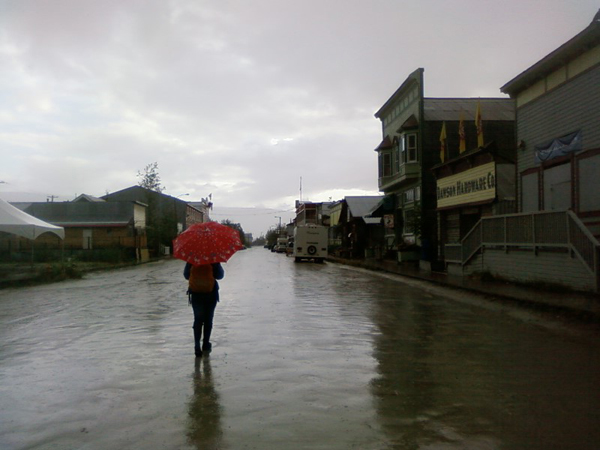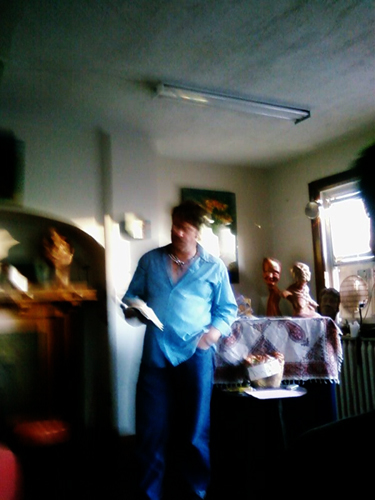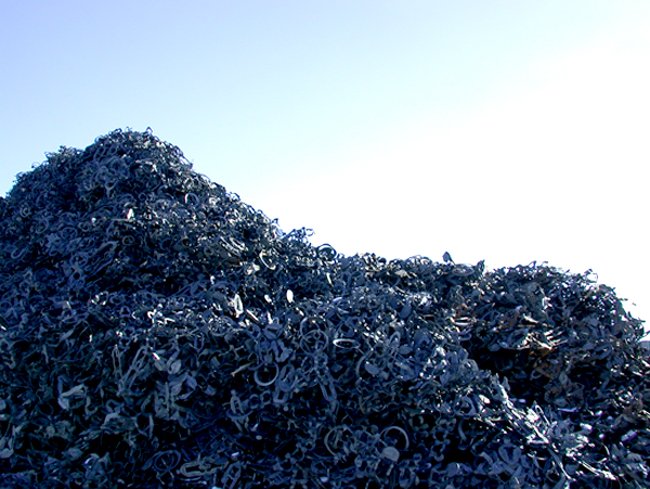In my teens, if someone were to ask me whether or not I believe in God, my response would have been: “Jesus Christ is my Saviour”. I kid you not. I was one of those evangelical, Christian-retreat-going, proselytizing youths. If any of you have seen the documentary “Jesus Camp”, I was a mellower, Canadian version of some of those kids. Not that I walked the streets trying to convert people, but I was tempted from time to time to do so.
By the end of my twenties, I had read enough of the Good Book to realize that the God of the Old Testament was a little too vengeful and insecure for my taste and Jesus of the New Testament wasn’t nearly as nice as the church ministers and Christmas TV specials portrayed him. (What’s the point of condemning a fig tree to death?) That I didn’t start reading the Bible myself until my twenties is unsettling to me now, considering that the age which I reached my height of belief (my teens), the Bible had mostly been something that was read to me, not by me, for the most part. By my late twenties, I had also dated enough non-Christians to figure out that my own religion is just one of several competing for elbow room in the Greater Toronto Area. That’s the thing about living in T.O., almost every neighbourhood has its own pathway to paradise. All in all, at this point of my life, if you were to ask me whether or not I believe in god, my answer would have been: “I believe in a god, though not the god of any Bible.”
I’m well into my thirties now, and the answer to that age old question has become: “I believe in a collective consciousness.” The sentient galactic overseer has been diluted to something on the level of The Force. But even this response smacks of a cop-out. I know the answer. It has been there at the back of my mind, even when I had Church ministers praying for the Holy Spirit to touch me as a teen. The devout would call it doubt, and they would be wrong. I have faith, faith in people to do good, most of the time. I’d call it a nagging sense of reality. Jacob and Goliath, Moses parting the Red Sea, Jonah and the Whale, stories that I took for truth as a child and teen, now fit so naturally into the category of myth, right up there with Zeus on Mount Olympus.
So, if I believe the Bible to be myth, than logically God should be about a real to me a Zeus. Right? Meaning there is no God, then. And no afterlife. Meaning, once we die, that’s it. End of story. No bright light. No pearly gates. Nothing.
Well, I’m not there yet. Though I have long since dismissed the concept of Heaven and Hell, a small part of me is clinging to this collective consciousness idea, wanting to believe that some of me will continue on, in some form of consciousness or another, after I kick the bucket. I’m simply not prepared to face the possibility of oblivion just yet, though some of its implications I find increasingly alluring.
For example, the idea that, if this life is not a dress rehearsal, than this brief time is all we have, and that we should make the most of it. Imagining life without an afterlife, in this respect, the world around me sometimes becomes a little more pure, a little more distilled. But that only happens sometimes. For the most part, pondering oblivion often evokes in me a mild feeling of vertigo, something a tightrope walker might feeling when he or she realizes that someone has removed the safety net.
This isn’t about me proving that God, or a god, doesn’t exist. This is simply about me slowly coming to terms not only with my own rationality, with what I can honestly allow myself to believe. It’s very ironic that while the Bible states “the truth shall set you free”, it is precisely the faith, the belief demanded from the Bible that I’m trying to liberate myself from.
I’m not there yet. Still, the scared little kid hangs on. But I can see where I’m headed, and in my forties, if you were to ask me this question, my response will be an honest, firm “No”.




